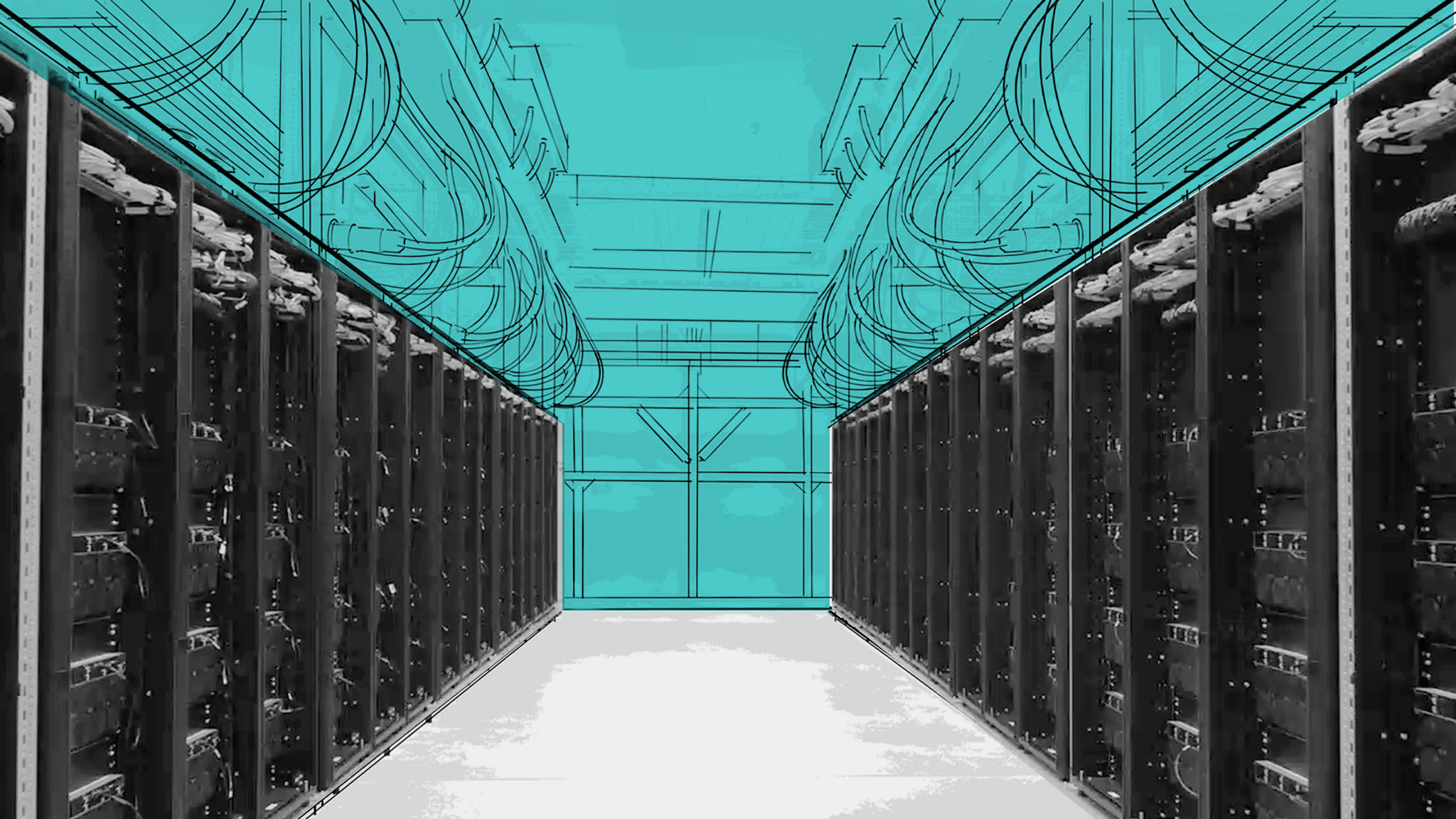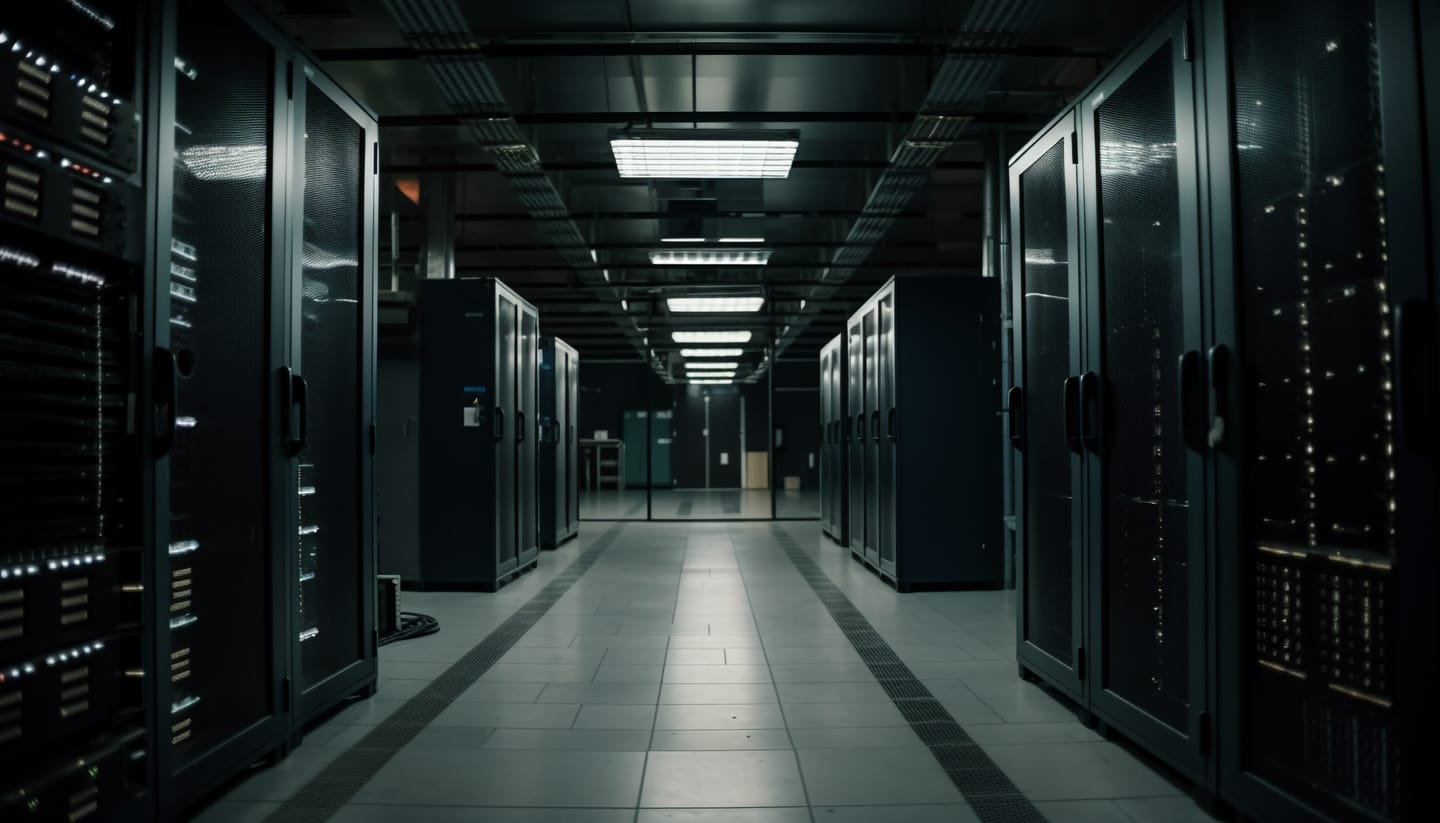The world’s biggest technology companies are pouring money into AI infrastructure at an unprecedented pace. Microsoft, Alphabet, Amazon and Meta together spent more than $300 billion on this area in 2025 alone. At the same time, Gartner estimates that global spending on data centres will reach $475 billion this year – a 42% increase compared with 2024. McKinsey’s forecast paints an even larger picture: by 2030, investments worth a total of $5.2 trillion will be needed to keep up with the rapid expansion of AI. OpenAI’s Stargate project alone will require $500 billion over the next four years, while Mark Zuckerberg has said that Meta will invest hundreds of billions in computing power to build superintelligence – with data centre clusters so large that a single one could cover most of Manhattan. Meanwhile, Amazon, Meta and Elon Musk’s xAI are all building new large-scale facilities in the United States, underlining the unprecedented resource demands of the AI race.
Goldman Sachs Research predicts that global data centre power demand will rise by 50% by 2027 and by 165% by 2030 compared with 2023 levels. At present, the global market consumes around 55 gigawatts of energy, a figure expected to grow to 84 gigawatts by 2027. AI’s share will nearly double, from 14% to 27%. New AI data centres consume at least ten times as much energy as traditional web servers. While conventional data centres operated at around 20 megawatts, today’s hyperscale facilities can reach one gigawatt or more – such as OpenAI’s Abilene site in Texas, which requires 1.2 gigawatts of power, enough to supply 750,000 homes.
AI data centres demand not only massive amounts of electricity but also water for cooling – as much as 19,000 litres per minute. Google and Meta already report substantial usage: Google’s Council Bluffs facilities consumed 1.4 billion gallons in 2024, while Meta’s centres used 1.39 billion gallons worldwide in 2023. Rising demand is forcing costly network upgrades. Analysts estimate that $720 billion in grid investments will be required by 2030, while average US electricity prices could rise by 8% over the same period. Despite this growth, Big Tech companies continue to highlight their sustainability goals. Yet Google’s carbon emissions rose by 51% in 2024 compared with 2019, raising questions about whether the rapid progress of AI can truly be reconciled with climate targets. Looking ahead, Nvidia’s new Blackwell chips – which require direct liquid cooling – pose further challenges for data centre design and thermal management.
Sources:

Goldman Sachs Research forecasts that global data center power demand will soar by up to 165% by 2030 compared with 2023, as AI-driven services ramp up deployment and energy consumption.










